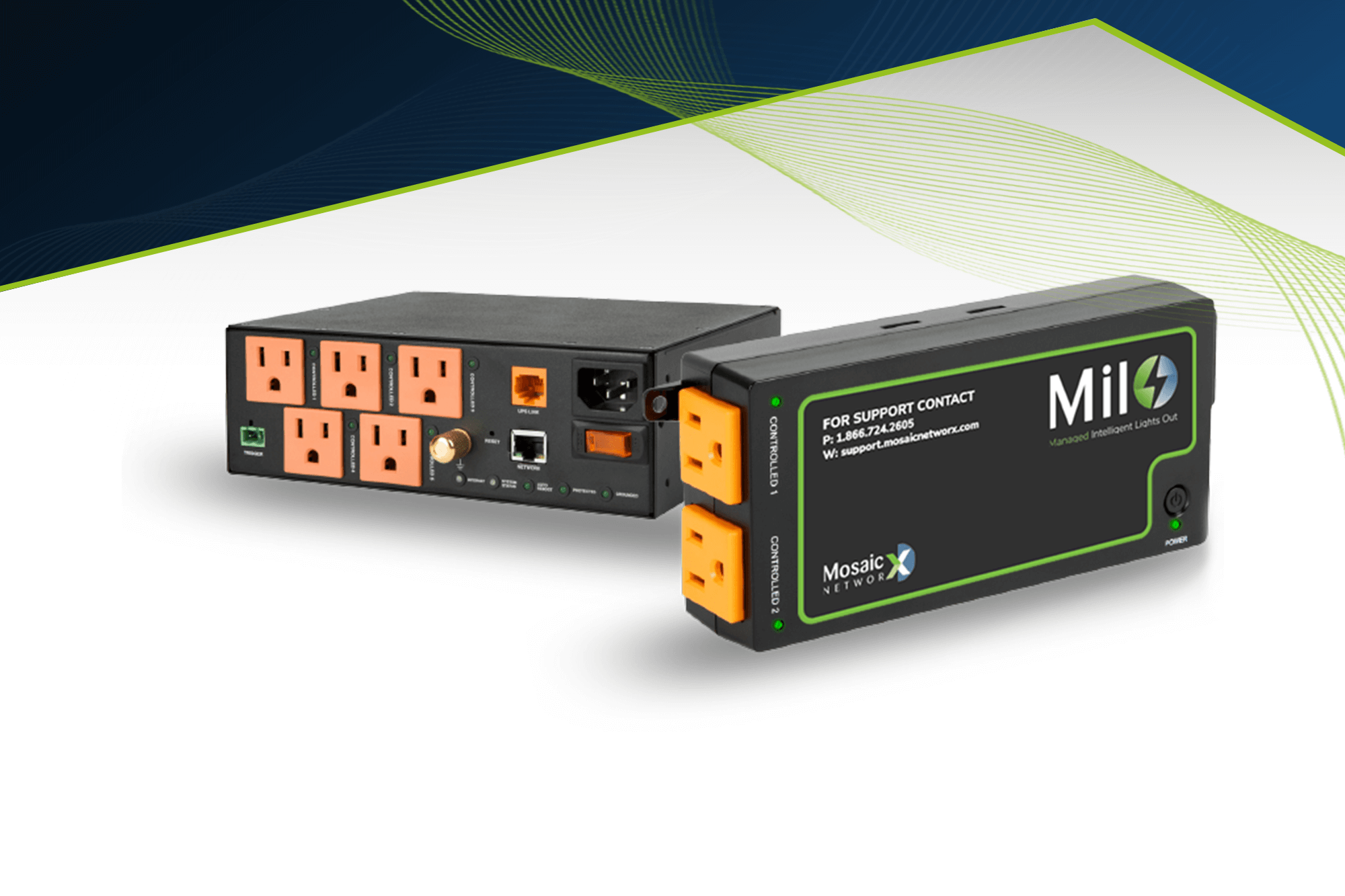If you want to take your IT services business to the next level, you have to scale the size of your offerings. True, you can build a successful business offering specific services like endpoint management or help-desk support, but if your goal is to own your client’s entire IT mindshare, then it is imperative that you offer a full set of services that can address all of their needs.
The fastest areas of growth in IT spending are cloud services and cloud integrations. More and more companies are moving from in-house server instances to hosted solutions. From disaster recovery solutions to application hosting, fewer and fewer companies are spending money to bring hardware in house. In fact, things are flowing the opposite direction as organizations work to move their data and applications into the cloud where they can be accessed from anywhere and be better protected from intruders and disasters. If you aren’t able to offer your clients cloud services for their data and hosted applications, then you are giving competitors an opening to take that client away from you.

Make sure your Colocation Provider you choose is a partner, not a vendor.
Image courtesy of WhiteSites.com
In the absence of your own datacenter, you may be wondering how it is possible to offer cloud services to clients. Services like Amazon EC2 and Microsoft Azure can be excellent choices for clients that want you to manage the entirety of their solution. But what about clients that want to maintain some of their own hardware or have physical access to the machines being used? What about clients that maintain in-house IT support as well, and want to control their assets more directly? This is where partnering with a Colocation Provider can make a lot of sense.
In essence, colocation is when a vendor with physical space, network access, and utilities rents out small spaces to end users. The renter can place their own hardware on location and have the benefits of a safe, secure place for servers and network storage without the outrageous cost of building and maintaining their own facility. Many colocation providers are beginning to offer leases on physical hardware, as well as management of that hardware at the OS level. What this means for customers is less capital outlay on the front end and more robust support during the lifecycle of the server.

Colocation facilities are safer and more secure than keeping hardware in house.
Image Courtesy of Sozo
There are some obvious things to consider when choosing a colocation partner, such as security and location. But to truly find the right partner, you need to dig a little deeper. Here are five tips on how to find a quality colocation provider to partner with:
- Do they offer a wide range of services? Some colocation providers simply have a building with electricity, broadband, and a security guard on site. This is an inexpensive way to put your servers somewhere more reliable then a closet at the office. But many colocation providers now offer hardware for lease and asset management and monitoring. Make sure your colocation partner is actually helping you expand your offerings.
- What kind of support do they offer? If you were hosting client applications on an in-house server and had a hardware failure in the middle of the night, would you wait until morning to fix it? Probably not. How does the colocation facility handle power outages and other events that can affect your ability to serve your clients? Are they proactive in notifying you of problems and keeping you updated on the status of fixing issues? Or do they wait for your to call in a panic?
- Do you have a direct connection for sales support? This is a big deal, and often overlooked by technical personnel. To offer your clients a full suite of cloud and hosting services, you need an ally at the colocation provider who will work with you to scope out solutions that are advantageous to your client. If you have to send three emails and leave two voicemails just to get a price on leasing a 3U rack space for six months, then you are probably dealing with the wrong colocation facility. You want a provider that is eager and enthusiastic about you bringing clients in.
- Is the partnership balanced? Notice I didn’t say “fair.” Each colocation provider is likely to have its own unique programs with regard to how you are compensated for bringing in clients. Frankly, finding the most lucrative program should be far down your list of priorities. It’s far more important that the colocation provider views you as an important part of growing their business just as they are an important part of growing yours. Truly, you need to feel that you have a partner relationship, not a relationship where one of you is the customer and one of you is the vendor.
Where does your business fit in? Many IT service providers see colocation companies as competitors. Nothing could be further from the truth! Colocation providers actually provide an efficient and cost-effective path to growth from small IT providers needing to offer a more robust service set to clients. By partnering with a colocation provider, you can offer your clients robust cloud services without either of you having to invest a lot of capital up-front. More importantly, partnering with a colocation provider gives your business the flexibility necessary to offer your clients everything they need to address their IT challenges.
Click here to contact Mosaic NetworX and learn how they can be the colocation partner you need to take your business to new heights!




